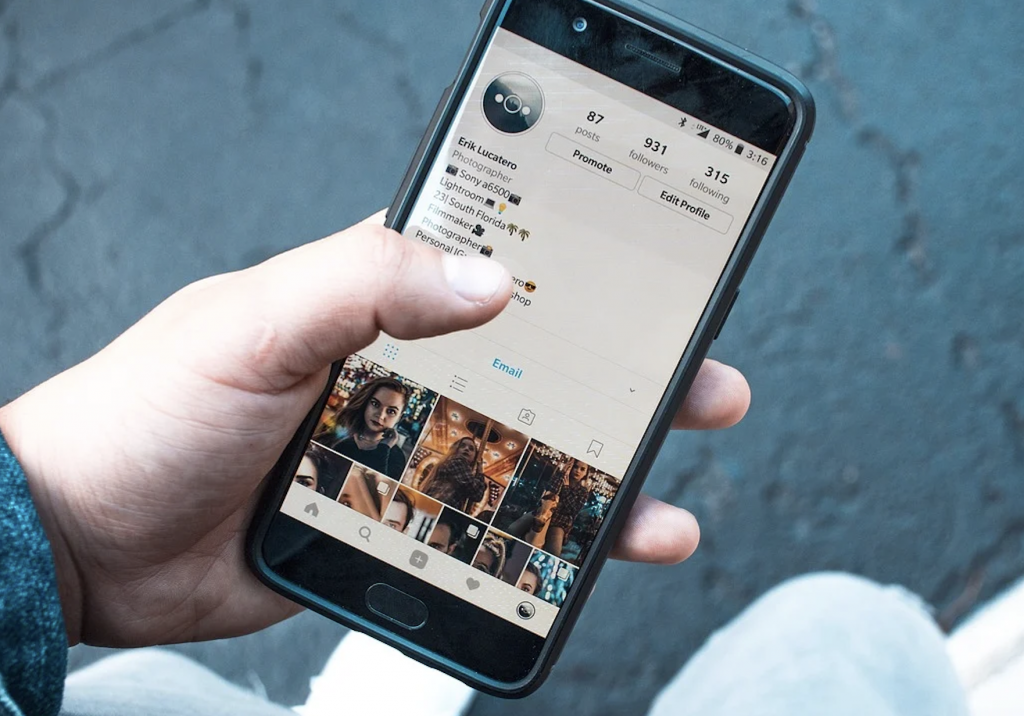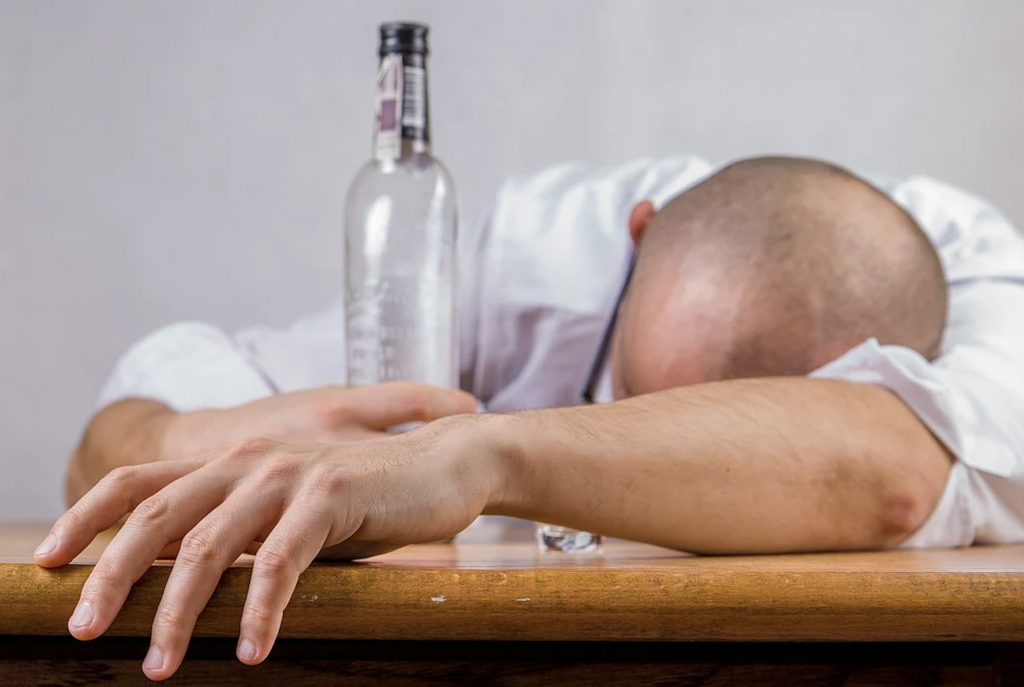Drunk Tweets May Land You Community Service Duties?
Be careful what you post on Twitter, because your drunk tweets may have significant consequences.
This article is more than 2 years old

In the age of the internet, many of us are aware of how the things we post can last for a lifetime. Celebrities have been wrapped up in scandals from decades-old tweets or lost opportunities due to ancient social media posts uncovered. In the UK, incendiary tweets are taken way more seriously, even brought up in the court systems. An angry, drunk tweet led to governmental repercussions for one British man.
A young man drunk-tweeted a response to an article on Thomas Moore, a recently deceased former captain in the British army. Though the post was only up for twenty minutes, it was enough to catch the attention of other users. To this man’s dismay, a Lanark Sherriff spotted the post and reported it as violating UK speech laws. After being taken to court, the man who tweeted the offense received 150 hours of community service for “grossly offensive” speech.
Though it’s known that internet users write highly abrasive, overdramatic posts on the internet year-round, this man’s tweet caught the attention of public officials due to its targeting of military personnel. The tweet, which stated that “the only good Brit sold is a dead one,” is relatively benign compared to the slander and vitriol spewed on the internet. Nonetheless, this drunk tweet drove the offender to an official court-ordered charge with physical repercussions.
This charge comes at a nebulous time for free speech worldwide. While countries like the United States and the UK are founded on principles that allow those to speak against the government, the differentiation between hate speech and protected speech has become debatable. In the United States, those protected under hate-speech laws are those of marginalized identities. But, this can be skewed to protect government interests, just like in this particular UK case. Because this drunk tweet upset some members of Parliament and the police force, the free speech did not protect this man’s ability to evade consequences.

A particular act passed in 2003 led to this British man’s charge for his drunk tweet. The act, known as the UK’s Communications Act, has a section that prohibits citizens from circulating content that’s “grossly offensive.” Due to its vagueness, the act can reprimand people who post different content that the court decides is damaging. The imposition of this act has executed hundreds of prosecutions per year, though most offenders have not received jail sentences.
Section 27 of the UK’s Communications Act, which outlines the details of prosecuting offensive content, has come under vast criticism since its approval. A report from Big Brother Watch, a UK group focused on defending civil liberties, argued that Section 27’s clause’s intentionally open-ended definition encroaches on British citizens’ speech freedoms. Many believe the act is outdated, unnecessarily charging people for their drunk tweets or posts.
Countries worldwide have continuously debated what free speech means and what liberties speech protection should allow the public. Fundamental principles of freedom revolve around speaking without fear of punishment from the government, which is why the drunk-tweet case is so troubling. The outdated Section 27 has provided the UK government with too much control over what speech can be penalized.



